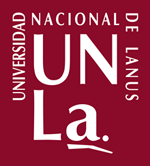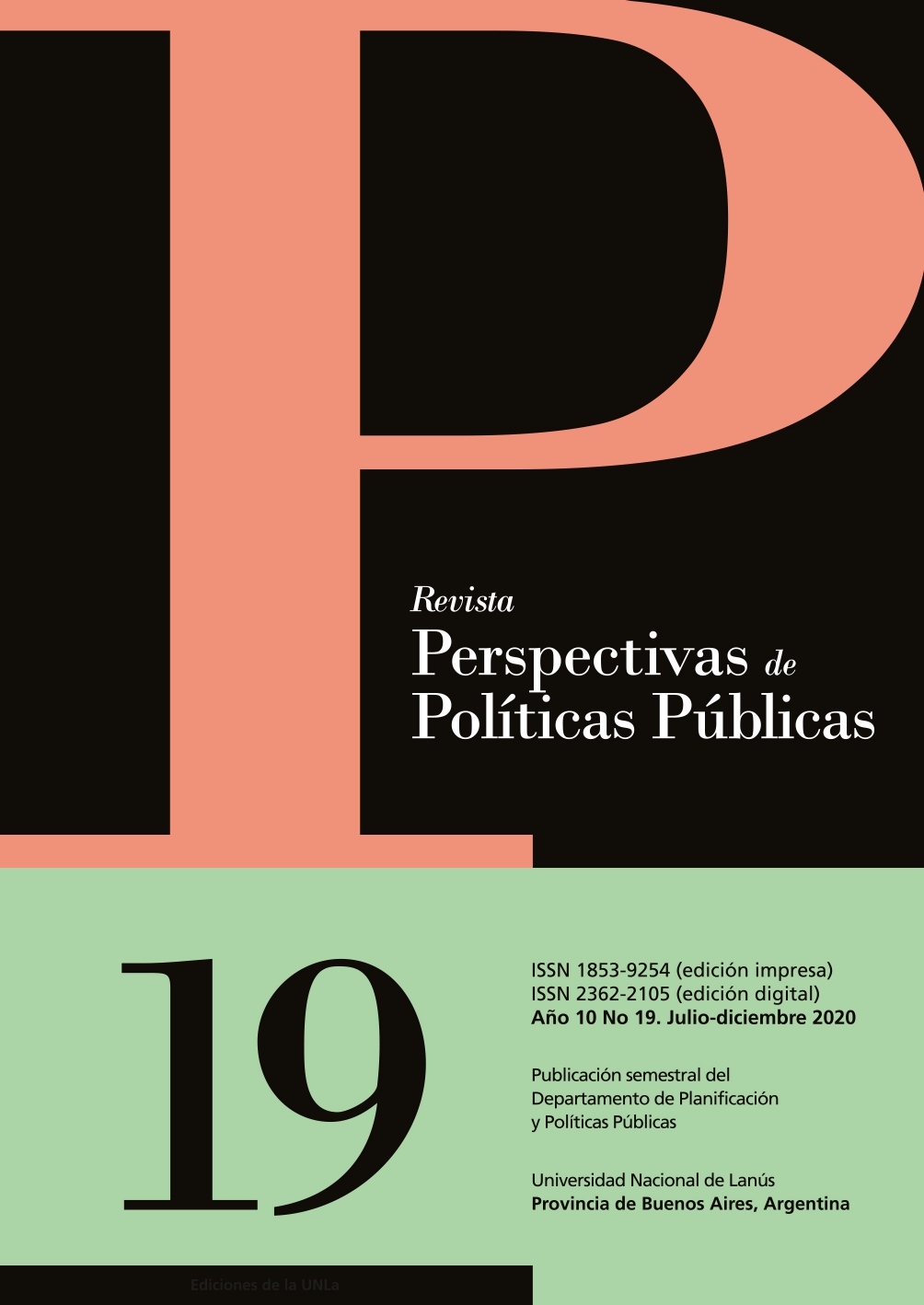Government interventions in food crises: the case of fruit markets
Abstract
The article discusses public interventions in both developed
and developing countries as a response to the 2007-2008
world food crisis. It focusses on the impact on Argentina’s
exports of fresh fruits (apples and pears) fruits of policy actions
implemented by developed countries. The methodology
is qualitative and combines the inventory method with a
typology by intention. The methodology aims facilitate the
systematization of interventions state in promoting domestic
production or discourage imports that involve changes in the
global insertion conditions of national production. We argue
that after the world food crisis, developed states enacted measures
addressed at the promotion of domestic fruit production
activity in combination with a more restrictive imports policy,
thus reinvigorating the state’s relevance to assure food security,
while confronting the exporting performance of regional
domestic production in developing countries like Argentina.






